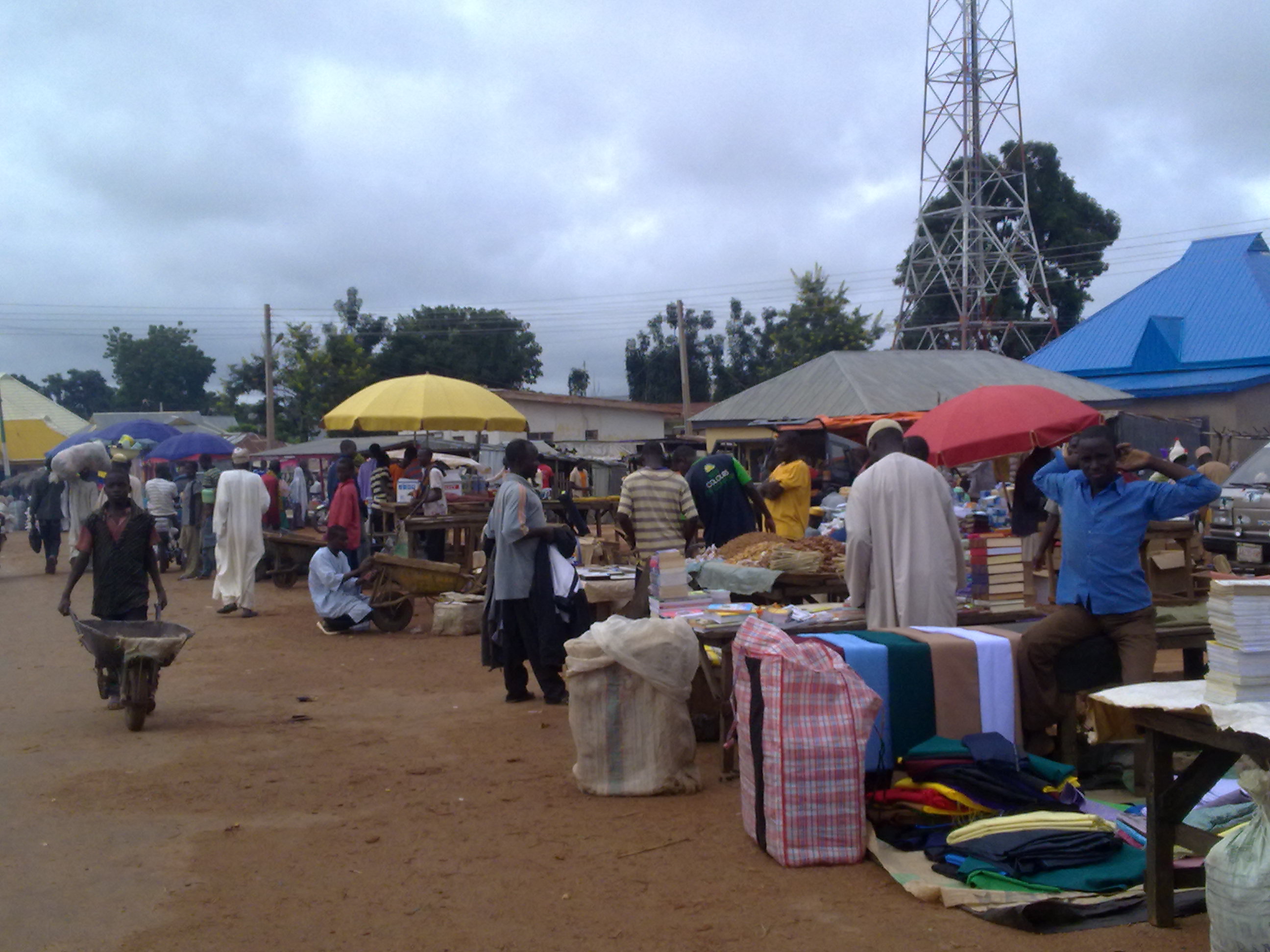The Economist cheers Africa’s economic surge:
AFRICA has made a phenomenal leap in the last decade. Its economy is growing faster than that of any other continent. Foreign investment is at an all-time high; Senegal has lower borrowing costs than Ireland. The idea of a black African billionaire—once outlandish except for kleptocratic dictators—is commonplace now. At the same time an expanding African middle class (similar in size to those in India and China) is sucking in consumer goods. Poverty, famine and disease are still a problem but less so than in the late 20th century, not least thanks to advances in combating HIV and malaria.
The anonymous blogger further highlights the increasingly important role technology is playing in the continent’s boom: “Africa has 400m mobile phone users—more than America. Such tools boost local economies, especially through mobile banking and the distribution of agricultural information.” As Matt Ridely argues, “pessimism about Africa is overdone and trade is transforming Africa for the better.” In other words: business is getting done on the continent—and lives are changing. We’re both excited and proud to be a part of it.
